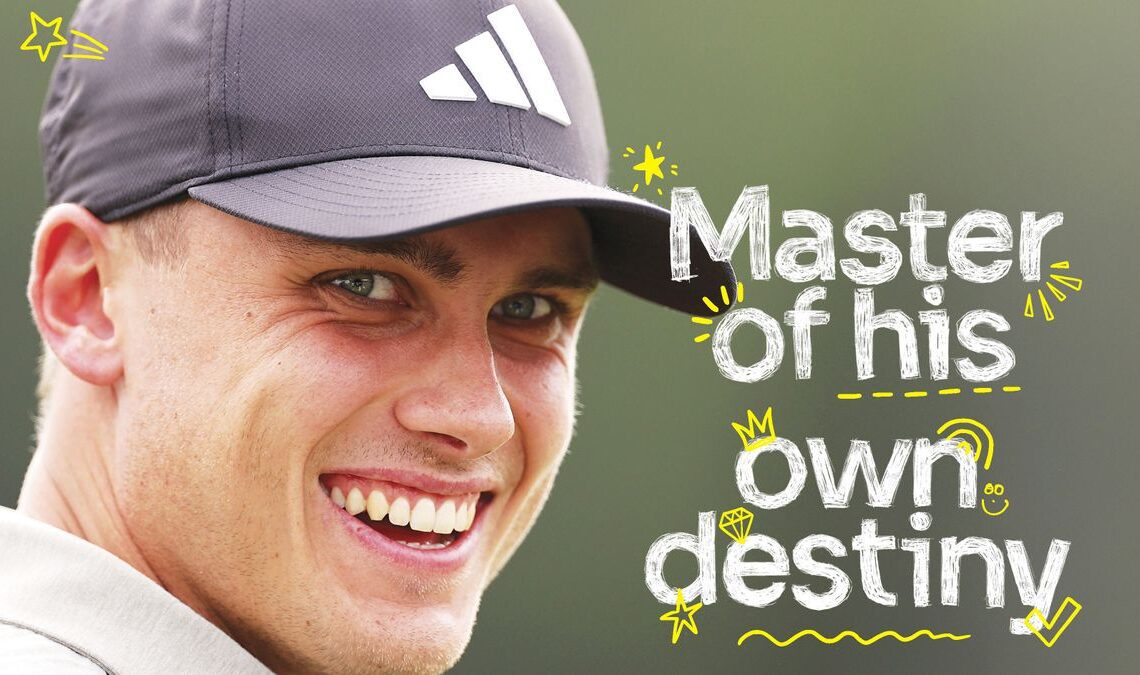No player has won The Masters on his debut since Fuzzy Zoeller in 1979. Just three players have ever done so in the last 90 years, two of them in the first two stagings. The list of players to have won any of golf’s big four on their very first attempt is a short one, too – just six. This probably doesn’t come as much of a surprise; these are the tournaments that provide the sternest of tests – no one is meant to win one first time out.
This year could be different, for it’s not beyond the realms of possibility that a 24-year-old Swede by the name of Ludvig Aberg (you’ve heard of him, yes?) becomes the first player for 45 years to win at Augusta National having never played a professional round there. He’s that good and, as he says so himself, he’s ready.
“I mean, I’d like to think so, absolutely. I feel like I know my capabilities and I know my qualities,” says a relaxed Aberg, when we ask him whether he has the game to win a Major despite never having played in one. “All I can do is prepare for each event the best way I can and then see where that takes me.”
At this point, we need to rewind the clock just to underline what an incredibly quick start this very special talent has had to his career. It goes like this: graduates from college; turns pro; makes PGA Tour debut; records first DP World Tour win; gets picked to play the Ryder Cup; wins the Ryder Cup; wins on the PGA Tour for the first time; cracks the world’s top 50. All this in the space of six months.
“I don’t think this early, to be fair,” he admits, when we ask whether he expected to have achieved all this so soon. “I think at some point, maybe yes, but I think to be able to do it that quickly, probably no.”
Donald hailed Aberg as a “generational talent” after handing him a Ryder Cup pick, making him the first-ever player to compete having not yet contested a Major. He also broke the record for the shortest gap between turning pro and playing in the biennial event. Four weeks after Switzerland, and having only played in nine tournaments as a professional, he was celebrating Ryder Cup glory with a bunch of guys he barely knew. The absurdity of it makes him smile.
“The way I see that is my coaches doing a good job,” he says. “We don’t try to change too much. I feel like the part of my game that has got a lot better is probably my short game and putting. Those things are the most important things that I work on.”
..
Click Here to Read the Full Original Article at Golf Monthly…
